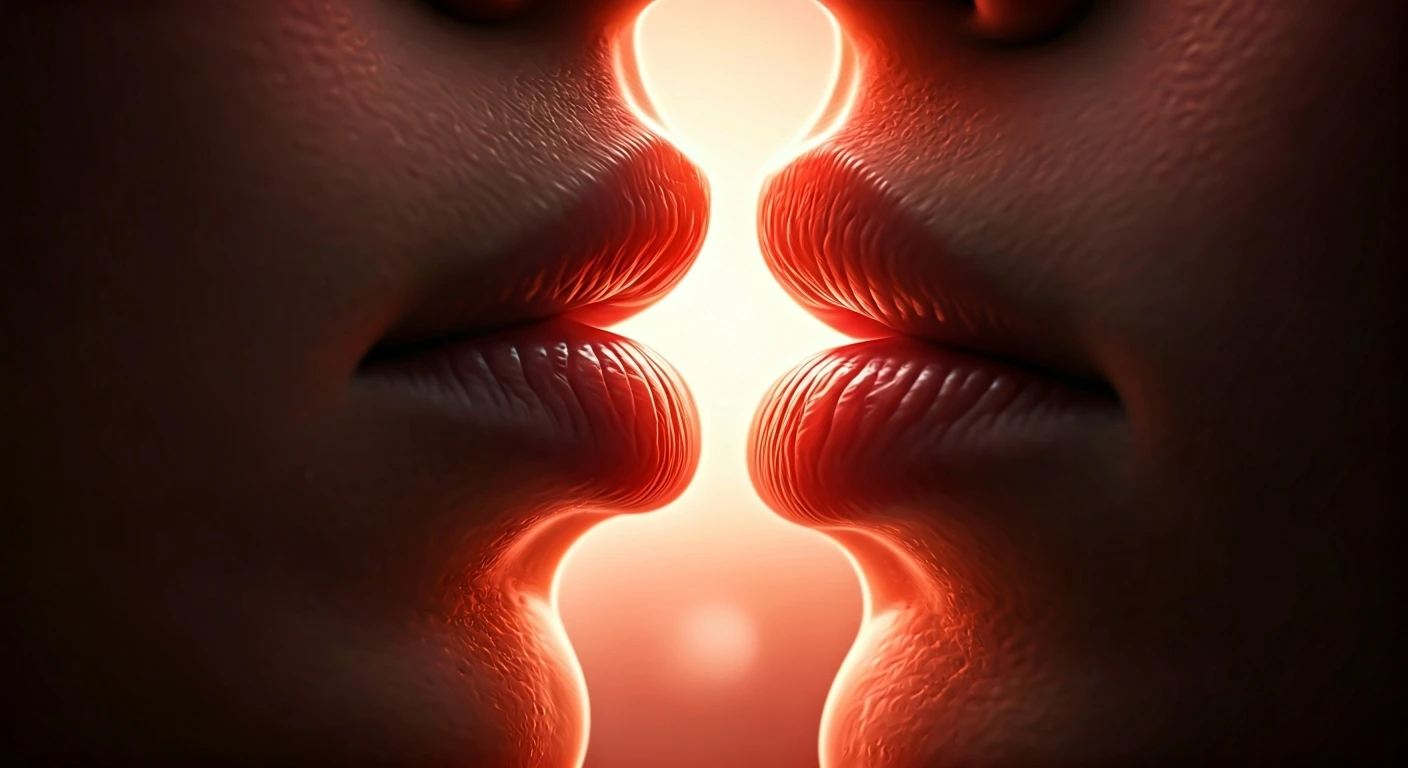Unraveling the Health Effects of Coffee: Is It Really Good for You? Dive into the latest research findings on coffee's impact
Is Coffee Good for You, Yaar? The Latest Research on Its Health Effects

Coffee
gaining popularity in India, but is it healthy?
Chai may be the heartbeat of India, but coffee is definitely catching up, especially with the younger generation. From strong filter coffee in the South to frothy cappuccinos in urban cafes, this caffeinated beverage has become a daily ritual for many.

But, with all the buzz around coffee, a big question remains: is it actually good for you? Let's take a deep dive into what the latest research says about the health effects of our beloved coffee. We will explore the benefits and drawbacks confirmed by the latest studies.
Coffee may protect the brain from diseases and boost cognitive function
One major advantage of coffee consumption appears to be its potential to protect the brain. Studies propose that regular coffee drinkers have a lower chance of developing neurodegenerative illnesses such as Alzheimer's and Parkinson's disease.

The antioxidants and anti-inflammatory agents in coffee may contribute to this protective effect. Furthermore, caffeine has been shown to enhance cognitive function, improving alertness, focus, and memory. But remember, everything in moderation is key!
Too much caffeine can lead to jitters and anxiety, which is not good for your peace of mind.
Coffee benefits liver health, lowers risk of diseases, detoxifies body
Moving beyond the brain, coffee seems to offer benefits for the liver as well. Research suggests that coffee consumption is associated with a lower risk of chronic liver diseases, including cirrhosis and liver cancer. It may help to lower harmful enzymes in the liver as well.

Coffee contains ingredients that can help detoxify the body and safeguard this critical organ. People who have pre-existing liver problems benefit from coffee intake in small amounts. But be cautious in case you are experiencing any symptoms or side effects after having coffee.
Moderate coffee intake not linked to heart disease risk
Your heart will also feel happy if you have coffee. Contrary to some past concerns, moderate coffee intake is not linked to an increased risk of heart disease. In fact, some studies indicate that it might even be protective, reducing the risk of stroke and heart failure.

Of course, this doesn't mean you should start chugging coffee like there's no tomorrow. If you already have heart conditions, it's best to talk to your doctor about how much coffee is safe for you. Listen to your body and avoid overdoing it!
Excess coffee can cause health issues; visit doctor if needed
However, coffee is not suitable for everyone, and excess consumption can have adverse consequences. Caffeine dependence is a possibility, leading to withdrawal symptoms such as headaches and irritability if you skip your daily cup.

Coffee can disrupt sleep patterns, especially if drunk late in the day. This is because caffeine can linger in the body for several hours. For some, coffee can aggravate anxiety or lead to digestive issues such as acidity and heartburn.
If you are sensitive to caffeine or have pre-existing health issues, you must visit your doctor before you consume coffee daily.
Coffee's health effects vary; 1-3 cups daily may benefit most, but listen to your body
Ultimately, whether coffee is good for you depends on various factors, including your individual tolerance, overall health, and the amount you consume. For most people, drinking one to three cups of coffee a day seems to offer several health benefits without significant risks.

However, it's crucial to be mindful of your body's reactions and adjust your coffee intake accordingly. If you're unsure, consulting with a healthcare professional can provide personalized advice. Remember, balance is key!
Enjoy your coffee responsibly and savor its flavor without compromising your health.
Caffeine in coffee boosts energy, but not a long-term solution
Coffee's caffeine content can provide a temporary energy boost, making it a popular choice for early mornings or midday slumps. If you need to stay up all night, coffee might be a useful tool. Caffeine stimulates the central nervous system, potentially improving alertness and concentration.

However, relying solely on coffee to combat tiredness isn't a sustainable solution. Prioritizing adequate sleep and a healthy lifestyle is essential for long-term energy levels. Also, remember to stay hydrated. Water is always important!
AI Generated Content. Glance/InMobi shall have no liability for the content














